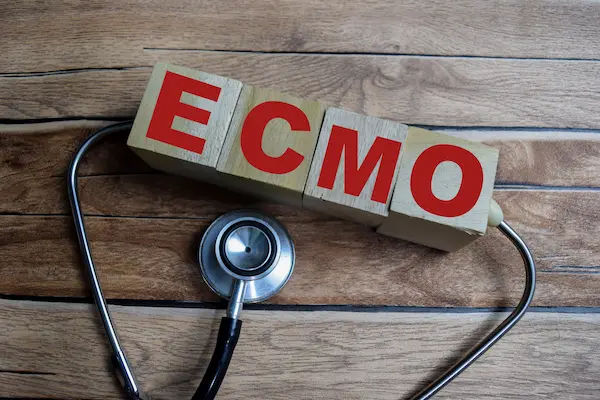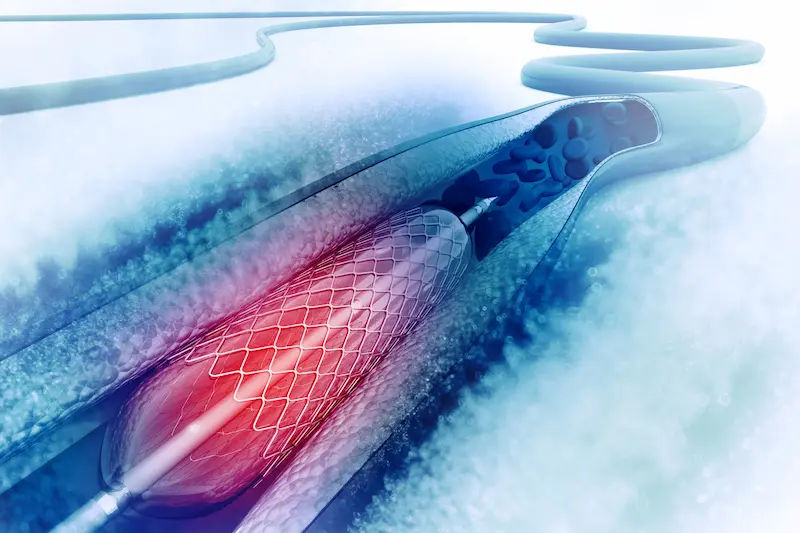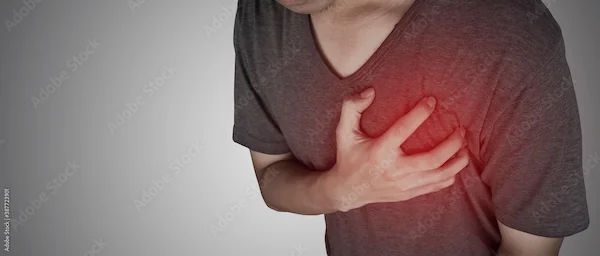- Male
- 26 Years
- 14/08/2025
I recently got an ECG and 2D Echo done and the results show acyanotic congenital heart disease with severe valvular PS, mild PR, mild infundibular stenosis, significant RV hypertrophy, mild TR, and a moderately restrictive PDA with LR shunt gradient of 50 mmHg. The report also mentions RV hypertrophy, RA MPA dilation, but normal LV systolic function. Can you explain what this condition means and whether surgery is the only option to treat it? What would be the estimated cost for surgery and is there any chance of managing this with just medication? If I don't get surgery, how long can I expect to live with this condition and are there risks of a heart attack?
Answered by 1 Apollo Doctors
Consult a cardiologist with detailed Echo report (both hard copy and cd) This is a congenital malformation in your heart The definitive treatment is surgery Risk of heart attack per say because of this disease doesn't increase many fold but a potential risk of heart failure is always there Consult a cardiologist as advised earlier
Dr. Kamran Suggests...
Consult a Cardiologist
Answered 14/08/2025
0
0

More Cardiology Health Queries
View allI'm a bit worried about my current heart rate and blood pressure. Usually, my resting heart rate is between 70-80, and my BP is around 12585, but since this evening, my heart rate has jumped to 112-118, and my BP is at 14090. Up until a few days ago, everything was normal. I did smoke today after a long break and then checked my readings. Also, I've had a physiotherapy session with IFT for a cervical issue. Should I be concerned about these changes?
The increase in heart rate and blood pressure after smoking can be a concerning sign, especially if your readings were normal a few days back. It is important to monitor your blood pressure and heart rate closely. To help lower your blood pressure, you can consider taking medications such as Amlodipine 5mg once daily. Additionally, to help regulate your heart rate, you can take Metoprolol 25mg twice daily. However, it is important to quit smoking as it can have detrimental effects on your cardiovascular health.
Answered by 1 Apollo Doctors
I've been experiencing some weird noises coming from my chest and stomach, kind of like gurgling sounds. It started happening a lot, then stopped for about a month, but now it's back again. I'm confused if it's related to gas or something else. I've checked my pulse when it happens, and sometimes it pauses, but I'm not sure if I'm just not focusing enough because of the noise. It kind of feels like when your stomach growls from hunger, but it's happening in my chest. I've had PVCs with bigeminy and couplets, and once there was sinus tachycardia. I used to take beta blockers for anxiety, but I stopped at some point. Do you think this gurgling is related to my heart somehow? I also had acid reflux issues about two years ago, if that's relevant. My throat makes noises too. Is this something to worry about?
cardiologist opinion.
Answered by 1 Apollo Doctors
I've accidentally taken two tablets of Olmesar 40 mg instead of one. Should I be worried about any side effects or issues? What should I do now?
U can take one tablet only for the next dosage..
Answered by 1 Apollo Doctors
Disclaimer: Answers on Apollo 247 are not intended to replace your doctor advice. Always seek help of a professional doctor in case of an medical emergency or ailment.





